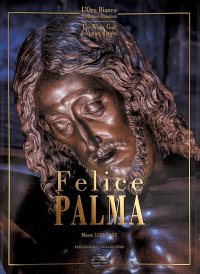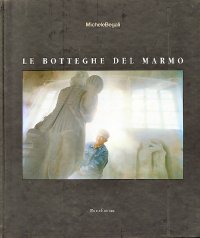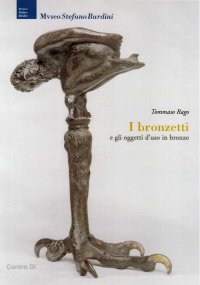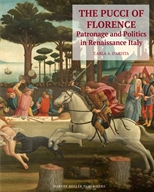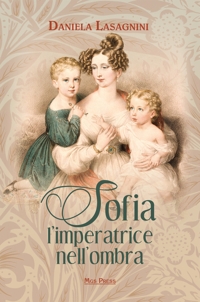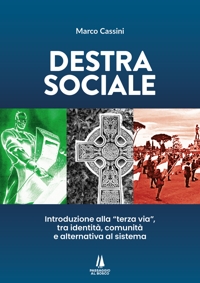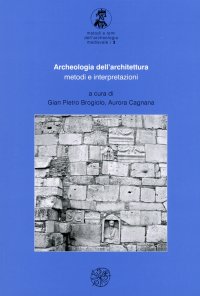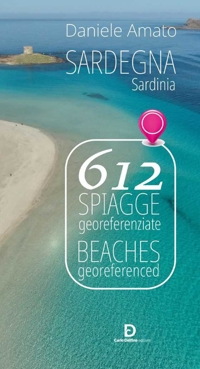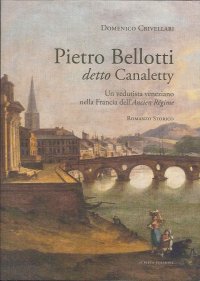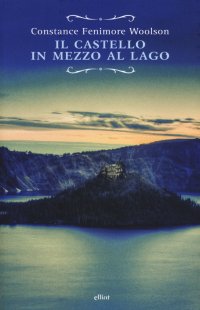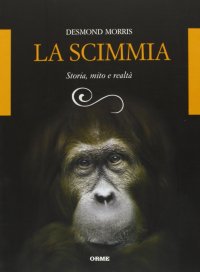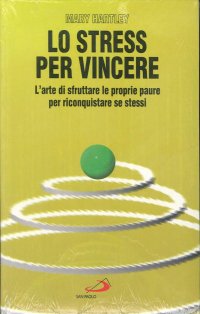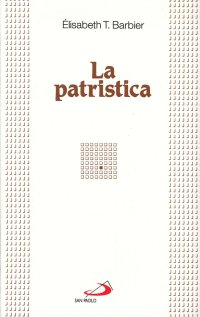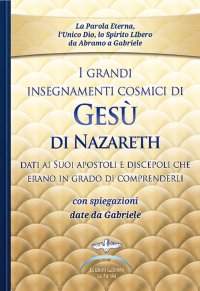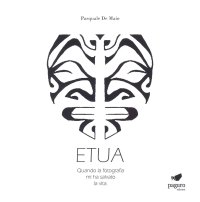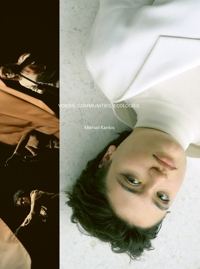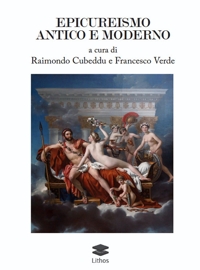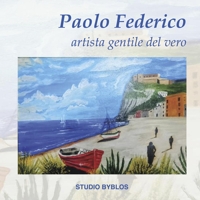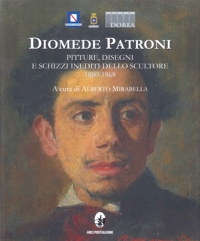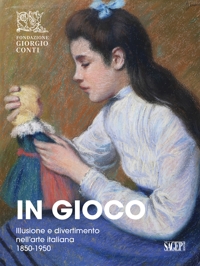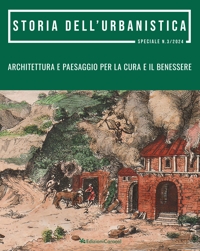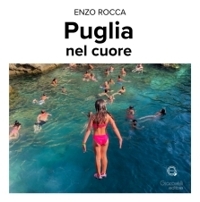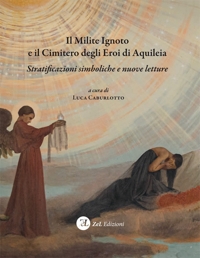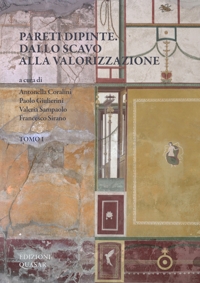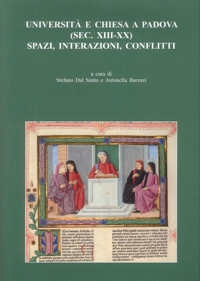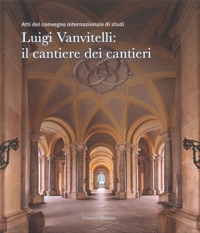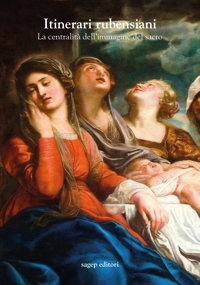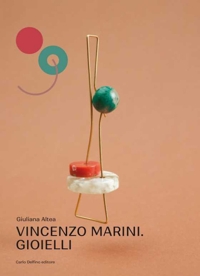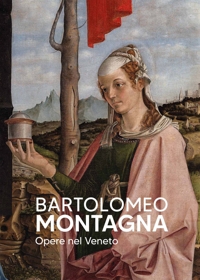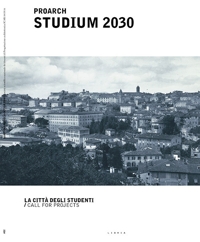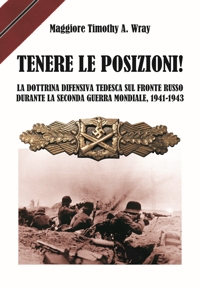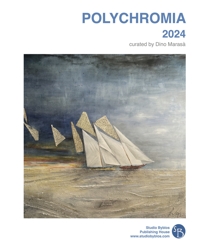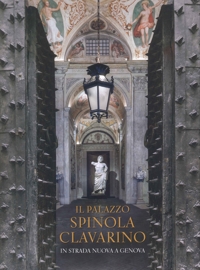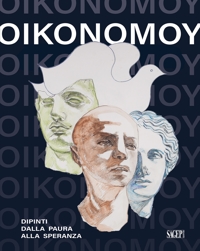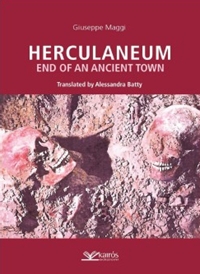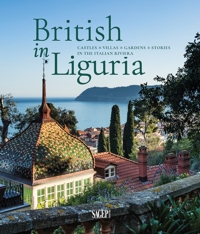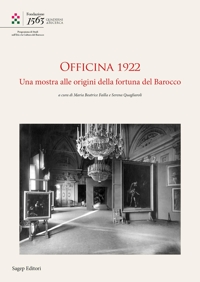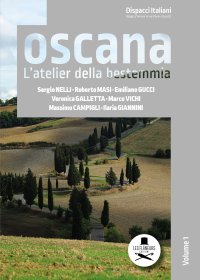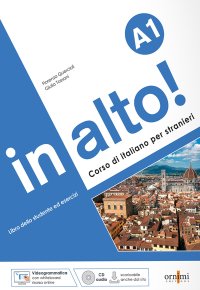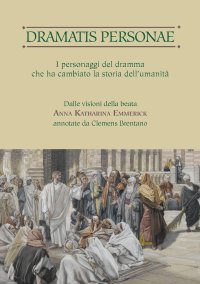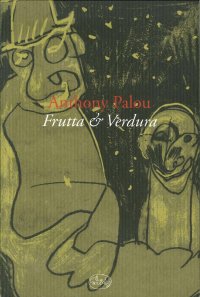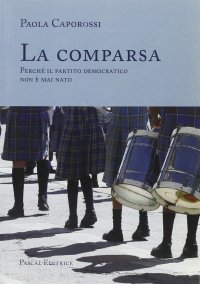Felice Palma. Massa 1583-1625. Collezione / Collection.
Testi di Andrei Cristina, Ciarlo Nicola, Federici Fabrizio, Claudio Casini e Sara Ragni.
Testo Italiano e Inglese.
Pontedera, 2024; ril. in cofanetto, pp. 289, ill. b/n e col., tavv. b/n e col., cm 24,5x34.
(L'Oro Bianco. Straordinari Dimenticati. The White Gold Forgotten Masters).
prezzo di copertina: € 160.00
|
Libri compresi nell'offerta:
Felice Palma. Massa 1583-1625. Collezione / Collection.
Testi di Andrei Cristina, Ciarlo Nicola, Federici Fabrizio, Claudio Casini e Sara Ragni.
Testo Italiano e Inglese.
Pontedera, 2024; ril. in cofanetto, pp. 289, ill. b/n e col., tavv. b/n e col., cm 24,5x34.
(L'Oro Bianco. Straordinari Dimenticati. The White Gold Forgotten Masters).
OMAGGIO (prezzo di copertina: € 160.00)
Le botteghe del marmo
Testo Italiano e Inglese.
Ospedaletto, 1992; ril., pp. 153, 10 ill. b/n, 60 ill. col., cm 24x29.
(Immagine).
OMAGGIO (prezzo di copertina: € 34.49)
Museo Stefano Bardini. I Bronzetti e gli Oggetti d'Uso in Bronzo
A cura di Nesi A.
Firenze, 2009; br., pp. 191, 102 ill. b/n, 7 ill. col., cm 17x24,5.
(Museo Stefano Bardini).
OMAGGIO (prezzo di copertina: € 30.00)
Bronzetti e Rilievi dal XV al XVIII Secolo
Bologna, 2015; 2 voll., ril. in cofanetto, pp. 729, ill., tavv. col., cm 21,5x30,5.
OMAGGIO (prezzo di copertina: € 90.00)
The Pucci of Florence. Patronage and Politics in Renaissance Italy
Carla D'Arista
Harvey Miller Publishers
Testo Italiano e Inglese.
London, 2021; ril., pp. 359, 296 ill. col., cm 22x28.
(The Medici Archive Project. 6).
collana: The Medici Archive Project
ISBN: 1-912554-25-9 - EAN13: 9781912554256
Testo in: 

Peso: 1 kg
Shrewd and ruthless, the Pucci were Medici loyalists whose political and cultural alignment with the most powerful family in Renaissance Florence was rewarded with wealth and influence. The Pucci's martial support for the Medici in the dangerous business of ruling Tuscany drove their transformation from a clan of minor guildsmen to a noble dynasty with three cardinals to its name. Over the next two centuries, they showcased their exalted status with art and architecture that mirrored Medici tastes and reflected the values of civic humanism. The political and religious turmoil of the High Renaissance is writ large in this vivid portrait of the Pucci cardinals and their artistic patronage, a cultural biography inflected by the expulsion of the Medici from Florence, the Sack of Rome, the Reformation, and the occupation of Italy by Emperor Charles V.
New archival evidence documents the chapels, palaces, and villas that were built, expanded, and decorated by the Pucci family in Rome, Tuscany, and Umbria. These celebrated projects were carried out by luminaries of Renaissance art and architecture: Michelozzo, the Pollaiuolo brothers, the Sangallo family, Baccio d'Agnolo, the Montelupo workshop, and others. A remarkable body of inventories reveals how the family's trials and tribulations shaped the fate of their estates and illustrates the role luxury goods played in the social ambitions of this newly-arrived family. A previously unknown catalogue of Palazzo Pucci tells the tale of the nineteenth-century dispersal of the family's priceless Renaissance artworks, a collection that once mirrored the splendor of the Medici court.
Marco Cassini € 14.25
€ 15.00 -5 %
Gian Pietro Brogiolo; Aurora Cagnana € 18.05
€ 19.00 -5 %
Daniele Amato € 19.00
€ 20.00 -5 %
Etica Coniugale. Per un Rinnovamento della Morale Matrimoniale
In gioco. Illusione e divertimento nell'arte italiana 1850-1950
Proarch Studium 2030. La città degli studenti/Call for projects
Officina 1922. Una Mostra alle Origini della Fortuna del Barocco






